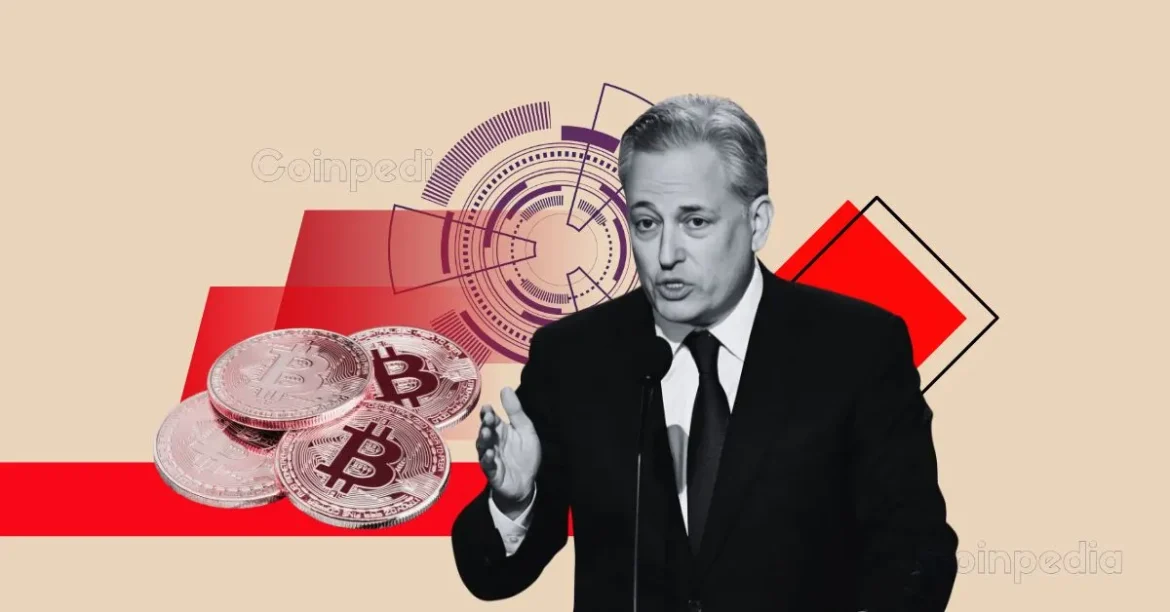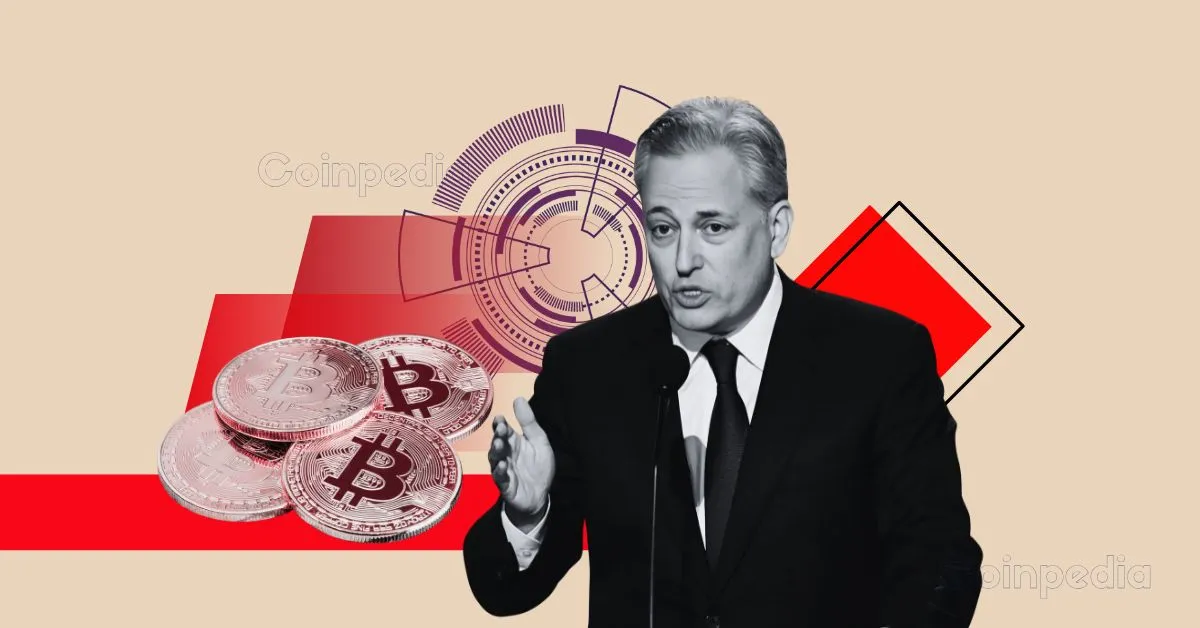The Political Tug-of-War over Cryptocurrency: Elizabeth Warren vs. David Sacks
The unfolding conflict between Senator Elizabeth Warren and David Sacks, the White House’s designated AI and Crypto Czar, is highlighting deep divisions in the political approach to cryptocurrency regulation and innovation. This clash is not merely a personal spat but underscores fundamental tensions about governance, ethics, and the direction of digital asset policy in the United States.
Setting the Stage: Roles and Stakes
David Sacks functions as a crypto policy adviser to the President while simultaneously managing a venture capital firm deeply invested in the cryptocurrency industry. This dual role has attracted intense scrutiny due to apparent conflicts of interest. Typically, federal ethics laws prohibit individuals from policy involvement when they stand to benefit financially from decisions they influence. Yet, Sacks operates at this sensitive intersection, advising on regulations that could directly impact his investments.
Senator Elizabeth Warren, a vocal critic of what she views as insufficiently regulated crypto markets, has taken on the role of watchdog. Her repeated public accusations characterize Sacks as a figure enabling crypto interests to operate with undue influence over government policy. Warren’s critiques reflect concerns about innovation being halted or skewed to benefit political and financial insiders rather than the broader public.
Ethics and Transparency: The Heart of the Conflict
Warren’s repeated calls for public disclosure demand that Sacks clarify when and how he divested from digital asset holdings to assure the public he does not personally profit from policy decisions. She has flagged his investments, including stakes in Bitwise Investment funds that hold major cryptocurrencies, as evidence of a conflicting financial interest. This insistence on transparency is rooted in the idea that policy advisors must avoid even the appearance of self-dealing, especially in emerging sectors like crypto, which remain vulnerable to volatility, fraud, and regulatory gray zones.
The ethical questions raised also probe the broader administration’s approach: is the government’s crypto policy shaped primarily by public interest or steered by influential insiders with vested interests? Warren’s position is that cronyism and lack of adequate oversight imperil consumer protections and stifle equitable innovation.
The Political and Policy Implications
The clash expresses wider ideological battles over cryptocurrency itself. On one side are proponents like Sacks who view crypto as a frontier for innovation and economic opportunity, deserving lighter regulatory touch to flourish. On the other are critics like Warren, fearing that without strict scrutiny, the crypto sector risks becoming a playground for speculation, manipulation, and financial inequality.
The timing compounds the stakes: these tensions surface as the White House plans a Digital Assets Summit and the President signs an executive order aiming to establish a U.S. Strategic Bitcoin Reserve. Such major initiatives suggest the federal government is moving to position the country as a prominent player in the crypto ecosystem. Warren’s demands for clarity thus serve both as a check on immediate policy maneuvers and as a broader call for integrity in emerging technology governance.
Broader Reflections on Crypto Governance
This episode shines a light on the challenges faced by governments balancing innovation with regulation. Cryptocurrency, by its nature decentralized and borderless, pushes traditional regulatory frameworks to their limits. The involvement of financial investors-turned-policymakers deepens these complexities, introducing questions about impartiality that can erode public trust in institutions.
Moreover, the internal political power struggle hints at the variable pace at which different stakeholders want to see crypto integrated into national economic strategies. The tug between innovation advocates and regulatory skeptics is a defining narrative of crypto’s evolution, and how it resolves could shape not only the industry’s future but also public perception of transparency and fairness in tech policymaking.
Conclusion: Navigating a Future Fraught with Complexity
The ongoing confrontation between Elizabeth Warren and David Sacks is emblematic of the broader uncertainties enveloping cryptocurrency’s role in society and governance. It is a microcosm of the contest between innovation and regulation, private interest and public good, transparency and influence. How these tensions are managed will decisively influence whether digital assets fulfill their promise as transformative technologies or exacerbate existing issues of equity and oversight.
Ultimately, this episode calls for vigilant examination of the people crafting crypto policies and the safeguards in place to prevent conflicts of interest. The future of crypto innovation, balanced with ethical governance, depends heavily on how such challenges are confronted. The Warren-Sacks clash is more than political theater; it is a critical dialogue on the rules and responsibilities in shaping the next frontier of finance.





